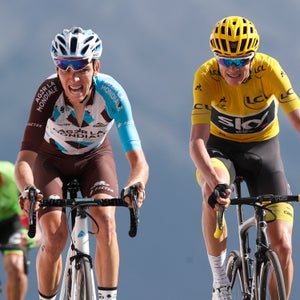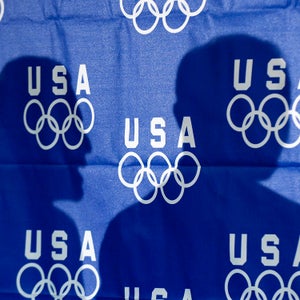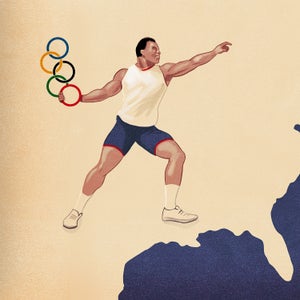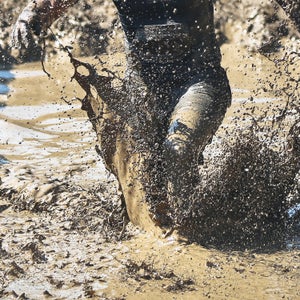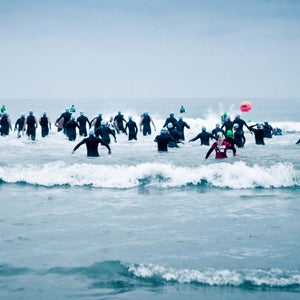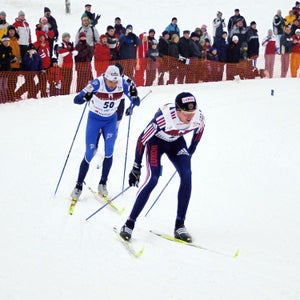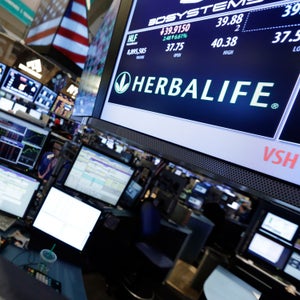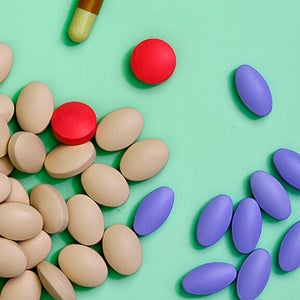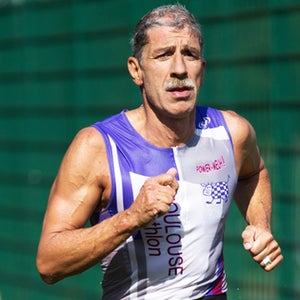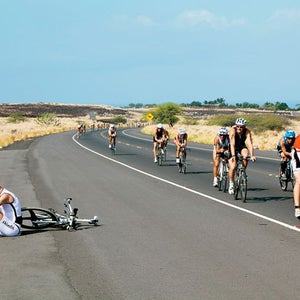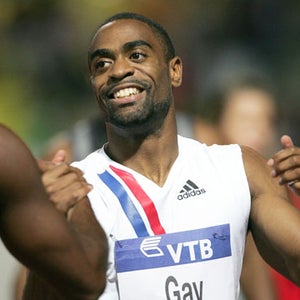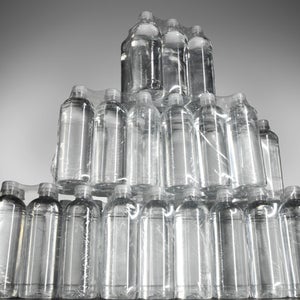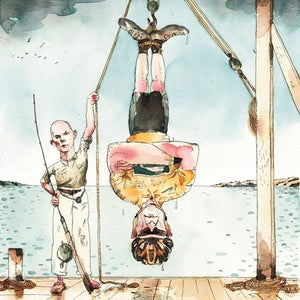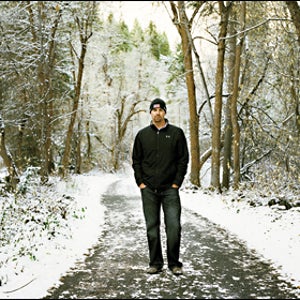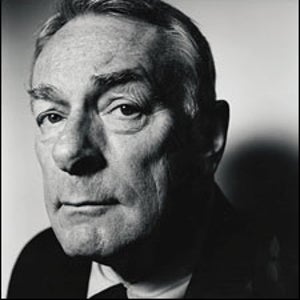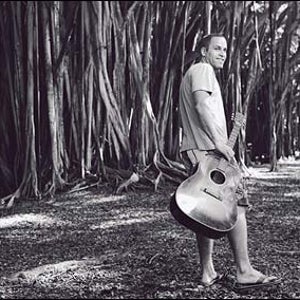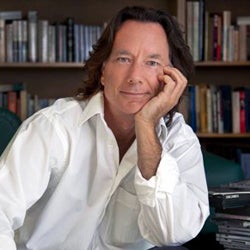

Brian Alexander
Published
The USOC has failed to do enough to protect American athletes from abuse for years. Getting rid of its chief executive won't do anything to solve the problem.
It's the most grueling competition in the world, and it takes a massive toll on riders' bodies
We know President Trump wants Los Angeles to host the 2024 Olympics. But could his policies get past a new set of anti-discrimination rules for host cities?
It's expensive, demanding, and in the eyes of the many cities that have refused to throw their hats into the five-ring circus, a total scam
The basics and background on the latest doping bomb to drop
ThereÔÇÖs been little scientific evidence that the affection we feel for dogs is mutual. Until now, that is.
A bold, scientist-backed effort to achieve the impossible within the next five years may benefit all runnersÔÇöeven if the goal remains a moonshot.
It's called the Cyclic Variations in Adaptive Conditioning machine, and it looks like a sci-fi egg from outer space. In theory it one-ups standard hypobaric chambers by giving users greater aerobic gains in a fraction of the time. Is CVAC crackpot pseudoscience? Or an important new discovery that could change the way you train?
With classic fundraising events on the decline, organizers are getting more creativeÔÇöand the business of philanthropic racing is heating up.
Or is another mysterious condition to blame for deaths during the swim leg? A new report unveils a long-misunderstood killer.
The case of Andrus Veerpalu, an Olympic gold medal winning Estonian cross country skier who was accused in 2011 of doping with human growth hormone, raises serious questions about WADA's credibility.
Sports nutrition companies like Herbalife have been hawking health-in-a-pill for years with no evidence that their products work. And despite edging into possibly illegal territory, they're going to continue to get away with it.
Are you taking too many pills? New studies question the vitamin gospel.
How to take care of your body as an aging athlete
Getting older doesnÔÇÖt have to mean getting slower. Not with a leg up from the frontiers of science.
Following the revelation that the American sprinter tested positive for a banned substance, reports have connected Tyson Gay with an "anti-aging" clinic in Georgia. Brian Alexander explains why doctors' offices, not locker rooms, are where the pros are scoring their dope.
Pundits claim the 2013 Tour will be the cleanest in decades. Maybe. Or maybe not. Based on conversations with doctors and coaches, these are likely to be the raceÔÇÖs most popular performance enhancers.
With evidence piling up that Armstrong cheated to win, should he confess and ask his fans, enemies, and cancer-fighting supporters to forgive him? As Brian Alexander explains, that would be the worst move he could make.
The embattled cyclist says USADA is out to get himÔÇöusing powers that it really shouldnÔÇÖt have. Brian Alexander says heÔÇÖs right.
A Texas-based company is marketing a brand of bottled H20, called Evolv, that supposedly can ward off disease and boost your aerobic capacity. ItÔÇÖs fascinating case study of a notable trend—nutritional products that are being sold with a mix of miracle health claims and complex financial structures that promise easy riches. Our advice? Investor beware.
There's a determined man chasing Lance Armstrong, and he has a harpoon: Jeff Novitzky, a brilliant and relentless federal agent who's out to prove that bike racing's greatest champion cheated and lied.
An Oklahoma veterinary scientist named Mike Davis says there's no doubt about it: The world's greatest athletes, of any species, are the canines who pull sleds at the Iditarod. Now, in a project funded by the Pentagon's research arm, he's coming up with ways to make us more like them.
WADA, The International agency that oversees drug testing in sports, has done a solid job of cleaning up some rotten games. But a growing number of critics contend that it's become overzealous and arrogant, sometimes trampling the civil liberties of athletes in the process. As the case of Winter Olympian Zach Lund illustrates, they have a point.
On the eve of bike racing's greatest event, RICHARD POUND—chairman of the World Anti-Doping Agency and the top cop in the war against cheating in sports—weighs in about Lance Armstrong, Barry Bonds, drug testing, and why he suspects the peloton still isn't clean
America's multiplatinum surf troubadour rides his dreams like a North Shore break. His secret? If you love what you do, life and work can both be a rip.
Cheaters can't be stopped. Testing costs a fortune. It's shockingly easy to beat the system. The drug cops are perpetually playing catch-up. Says who? Drug-testing expert Don Catlin, that's who. He's the doping detective who helped break the BALCO scandal wide open—and the man who's about to launch a radical new campaign to finally solve the problem.
The brave new world is coming—fast. With sci-fi fantasy turning into performance-enhancing reality, we separate the hype from breakthroughs you can use.
A High-Desert Stunner Gets Fast-Tracked as the Next National Park

